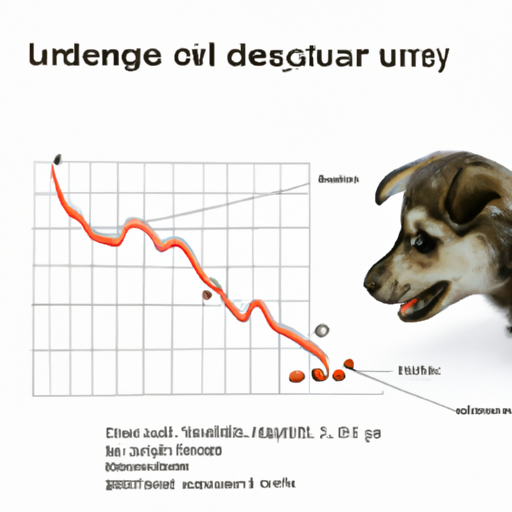Introduction
As a caregiver, you’re the first line of defense for your puppy’s health. One of the most common questions that arise for new puppy owners is the timeline for puppy teething. You’ve surely noticed those tiny, needle-like teeth and wondered, “When do puppy teeth fall out?” In this guide, we’ll discuss everything you need to know about your puppy’s dental development.
Understanding Puppy Teeth
Puppies are born without teeth. Around two to four weeks of age, their first set of teeth, known as deciduous or milk teeth, begin to appear. These teeth are temporary and will eventually be replaced by permanent adult teeth.
Your puppy will have a total of 28 milk teeth, including:
- 12 incisors
- 4 canines
- 12 pre-molars
When Do Puppy Teeth Fall Out?
The process of puppy teeth falling out is also known as exfoliation. This usually begins when your puppy is around three to four months old. However, it’s important to note that every puppy is unique, and the timing may vary slightly.
The table below provides a general timeline:
| Teeth Type | When They Appear | When They Fall Out |
|---|---|---|
| Incisors | 2-4 weeks | 3-4 months |
| Canines | 3-4 weeks | 4-6 months |
| Pre-molars | 4-6 weeks | 4-6 months |
Signs of Teething
Your puppy can’t tell you when it’s teething, so you need to watch for signs. Here are some common ones:
- Loss of Appetite: Your puppy may eat less than usual due to the discomfort.
- Chewing: Puppies often chew more during teething to alleviate the pain.
- Bleeding Gums: A small amount of blood is normal and can often be noticed on chew toys.
How To Help Your Teething Puppy
Teething can be uncomfortable for your puppy, but there are ways you can help:
- Provide Chew Toys: These can provide relief and protect your furniture from a teething pup.
- Feed Soft Foods: This can help if your puppy’s gums are sore.
- Use Teething Treats: These are designed to soothe teething discomfort.
What To Avoid During Teething
During the teething period, there are certain things you should avoid:
- Don’t pull loose teeth. This can cause unnecessary pain and harm.
- Avoid hard toys that could damage the growing adult teeth.
What If A Baby Tooth Doesn’t Fall Out?
Occasionally, a milk tooth doesn’t fall out when the adult tooth is growing in, a condition known as retained deciduous teeth. If you notice this, consult with a vet. Retained teeth can cause problems such as misalignment of adult teeth or periodontal disease.
FAQ’s
1. How long does the teething process last?
The teething process generally lasts until around six months of age. However, this can vary between different breeds and individual dogs.
2. What should I do if my puppy swallowed a tooth?
Don’t worry. It’s quite common for puppies to swallow their fallen teeth, and these usually pass through the digestive system without any problem.
3. Is it normal for my puppy to have bad breath during teething?
Yes, it’s normal. Bad breath can occur due to the bacteria present in the mouth during the teething process.
4. When should I start brushing my puppy’s teeth?
You can start brushing your puppy’s teeth as soon as they begin to appear, usually around two to four weeks of age.
In conclusion, understanding the teething process can help you better care for your puppy during this stage. Remember to consult with a vet if you notice anything unusual, such as retained teeth or excessive discomfort.



